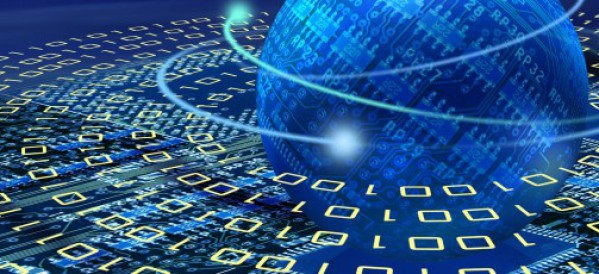Smart grids: a necessary evolution

The significant growth of large urban centers in Brazil and in the world has increased the demand for solutions that simplify the day to day lives, and become even more important to the search for sustainability and quality of life for future generations. Concerns about how to produce more energy with the same energy matrix become increasingly common. Give intelligence to the process of production, distribution and consumption through smart grids can be one of the outputs.
The smart grid electricity networks are fully integrated through technology, telecommunications, measurement and automation that enable the transmission and distribution of power based on real-time information of the entire chain. The attribution of intelligence greatly increases the ability to meet scenarios with intermittent and distributed energy sources, avoids overhead, reduces the impact on the environment and improves the service offered to customers.
In Europe, the adoption of smart grids is already well advanced. In Portugal, for example, more than 20 000 consumers are also microgenerators energy. In Brazil, the distributed generation is not yet a reality, but to depend on the utilities industry and government, the scenario will change soon. By 2030, smart grids should serve approximately 74.4 million users in the country according to Abradee (Brazilian Association of Electricity Distributors).
There are currently over 200 pilot projects underway in the country. But the road ahead is long and challenging. The dealerships need to make an inventory of infrastructure: IT and Telecom equipment existing level of modernity of the transmission and distribution network and percentage of remotely controlled facilities. After diagnosis, companies need to establish a control center operations, implement sensors in networks, process automation systems and smart meters in homes and commercial buildings.
The replacement of electromechanical meters for digital consumption will impart intelligence to the tip of the process. How they transmit data through fiber optic cables or wireless, you no longer need personally verify the consumption of each residence. Also, people will not need to call the dealership to complain of lack of energy, installed over the network in real sensors send information to the operations center company time. The restart of the system, as well as maintenance and cutting can be done remotely, streamlining the normalization of supply. So far, most of the time, a technician needs to go to the location of the problem to fix it.
The meters also will contribute to the empowerment of the consumer, which in addition to becoming a microgenerator, be able to track energy use of your home or business through websites or applications offered by utilities. Furthermore, with the establishment of tariff differences throughout the day you can choose the best time to use electrical equipment that consumes more energy as the washing machine, for example.
The gains to consumers are clear. However, companies in the sector will also benefit from the implementation of smart grids. Receive information of the transmission and distribution of real-time meters expedite decision making, reducing system instabilities. Is it possible to still improve contingency analysis and monitoring equipment and asset management due to the high level of reliability of the data acquired with the use of technologies.
Currently, 15% of 100 kilowatts (kW) produced in Brazil are lost between generation and consumption, according to the Center for Management and Strategic Studies (CGEE) of the Ministry of Science, Technology and Innovation. The precision in the measurements of consumption and fault identification enabled by the smart grid network should decrease the loss and theft of electricity, known as ‘cat’, enabling companies to serve more consumers with the same production.
The adoption of smart grids will also encourage a more conscious on the part of consumers, who will constantly interact with the concessionaire behavior, becoming an important part of the system. The challenges to be overcome are many. However, modernize the process of transmission and distribution of energy will increase network efficiency, resulting in a more reliable and better at a lower cost to the consumer service.
Full article: http://corporate.canaltech.com.br








